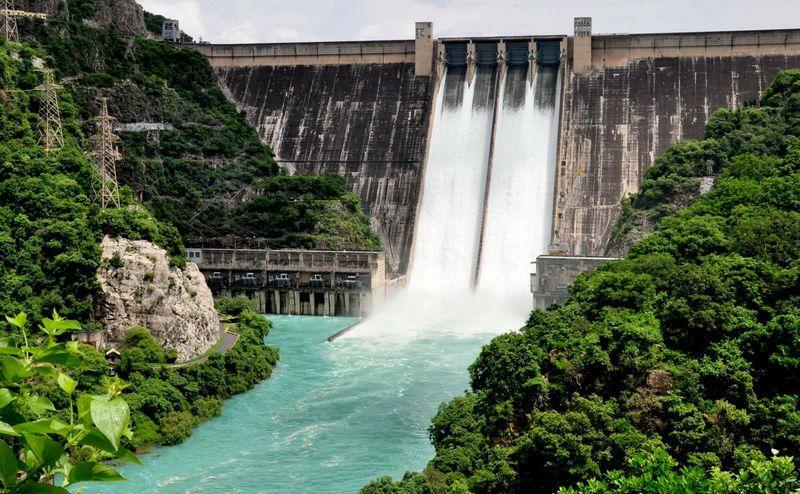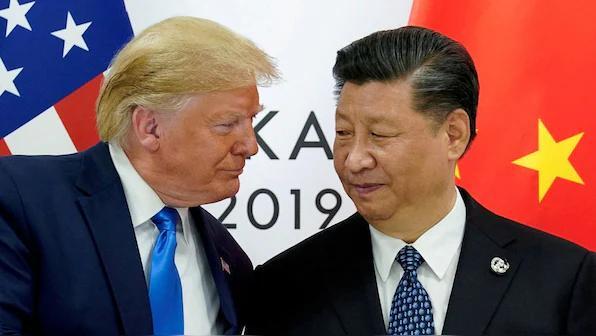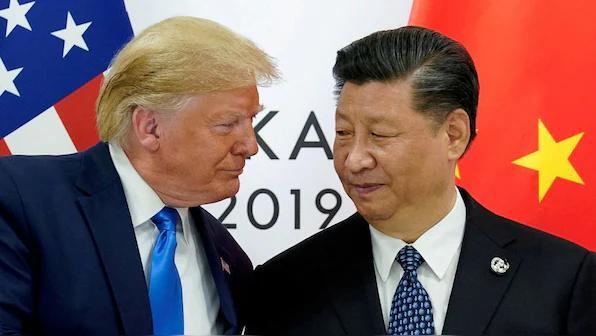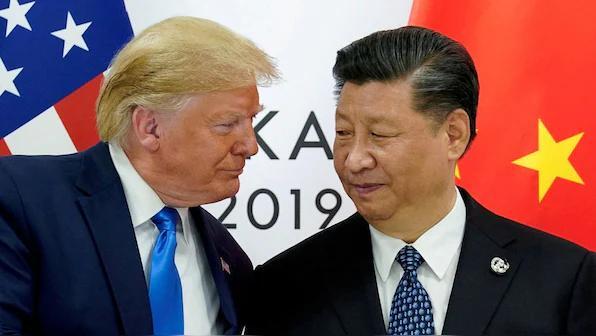
BBMB to Bring Up Micro-Hydel Projects with Private Investment
The Bhakra Beas Management Board (BBMB) has announced plans to outsource micro-hydel projects on its water sources to private players. This move is aimed at generating additional revenue and promoting private sector participation in the hydroelectric power sector. However, not everyone is in favor of this decision. Sanjeev Gautam, an AAP leader from Nangal who was instrumental in leading the party’s dharna against BBMB, has opposed the idea of outsourcing the project to private players.
According to reports, the BBMB has identified several water sources, including rivers, streams, and canals, where micro-hydel projects can be set up. These projects will generate electricity at a small scale, typically ranging from a few kilowatts to a few megawatts. The BBMB plans to invite private companies to invest in these projects and operate them on a build-own-operate-transfer (BOOT) basis.
The decision to outsource micro-hydel projects to private players has been taken to generate additional revenue for the BBMB. The board is facing financial constraints and is struggling to maintain its existing infrastructure. By partnering with private companies, the BBMB hopes to reduce its financial burden and improve its financial health.
However, Sanjeev Gautam, the AAP leader, has opposed the decision to outsource the project to private players. According to him, these projects require small investments and the government should invest in them instead of outsourcing them to private companies. Gautam argued that the government has a responsibility to invest in projects that benefit the people, rather than making profits for private companies.
Gautam’s concerns are not unfounded. The privatization of micro-hydel projects could lead to a loss of control over the project’s operations and maintenance. Private companies may not have the same level of commitment to the project as the government would, which could result in suboptimal performance and reduced benefits for the people.
Furthermore, the privatization of micro-hydel projects could also lead to environmental concerns. Private companies may not have the same level of environmental consciousness as the government, which could result in environmental degradation and harm to local ecosystems.
Despite these concerns, the BBMB is pushing ahead with its plans to outsource micro-hydel projects to private players. The board has already identified several private companies that have expressed interest in investing in these projects. The BBMB is planning to issue tenders for the projects shortly and expects to finalize the deals by the end of the year.
The BBMB’s decision to outsource micro-hydel projects to private players is part of its overall strategy to promote private sector participation in the hydroelectric power sector. The board has been exploring various ways to encourage private investment in the sector, including the development of new hydroelectric projects and the upgrading of existing projects.
The BBMB’s efforts to promote private sector participation in the hydroelectric power sector are part of a larger trend in India’s power sector. The government has been encouraging private sector participation in the sector through various initiatives, including the development of new power plants and the upgrading of existing infrastructure.
In conclusion, the BBMB’s decision to outsource micro-hydel projects to private players is a significant development in the hydroelectric power sector. While the move may generate additional revenue for the BBMB, it also raises concerns about the loss of control over the project’s operations and maintenance, as well as environmental concerns. The government must carefully consider these concerns and ensure that the privatization of micro-hydel projects does not compromise the interests of the people.






